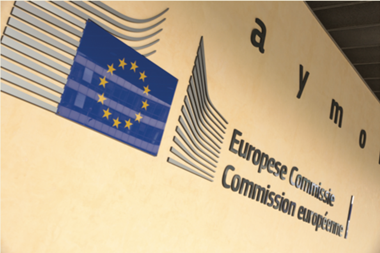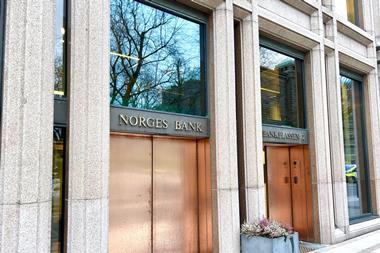The Dutch pension fund association is calling for the European Commission’s proposal for a corporate sustainability due diligence directive (CSDDD) to be clarified, querying the clarity and appropriateness of its applicability to pension funds.
Having previously already hinted at potential concerns about the rules applying to pension funds when the CSDDD proposal was released, the Federation has been analysing the proposal in greater depth and having discussions with relevant policymakers to understand its impact.
In its feedback statement today it revealed it was still unclear as to whether investing activity by pension funds fell within the scope of the CSDDD due diligence requirements.
Certain provisions could be interpreted as excluding all investments made by pension funds or only including cases where a pension fund provides funding directly to companies, the Federation said, but “we understand it is the intention of the Commission that investments in companies through shares and corporate bonds bought on the secondary markets would be in scope of the due diligence requirement”.
In this case, the Federation said, several definitions and provisions would require clarification, in particular those relating to the “value chain” and “business relationship” concepts in the proposal.
One provision, in Article 6(3), it added, seemed tailored towards banking and insurance, where a contractual relationship is established, rather than for pension funds.
The Federation also said that if investments are considered part of the value chain, the CSDDD proposal would require clarification and explanation of how this is aligned with measures such as the EU sustainable finance disclosure regulation (SFDR) and corporate sustainability reporting regulation (CSRD).
“It seems that these divergences result in a framework that do not sit well with the practice of institutional investment”
Pensioenfederatie staff
Another topic raised by Pensioenfederatie is that of the CSDDD proposal’s divergence from OECD guidelines.
“While we still aim to get a better understanding of the ramifications of the proposal, it seems that these divergences result in a framework that do not sit well with the practice of institutional investment,” it said.
For example, it said the OECD published a specific set of recommendations for institutional investors to accompany its guidelines for multinational companies, “acknowledging the different role an institutional investor can play compared to a company”.
It said the OECD recommendations implied that investors should not be held responsible for remediation or face liability for adverse impacts caused by investee companies, as could be the case under the Commission’s CSDDD proposal.
It also said shareholder engagement and voting, which played a vital role in the OECD guidelines, did not seem to play feature significantly in the CSDDD proposal.
Because of the issues it had identified, “it is currently difficult to assess the impact of the proposal on pension funds,” Pensioenfederatie concluded.
“At the same time, the Dutch Federation of Pension Funds is a strong proponent of the principle of sustainability due diligence, as laid down in the OECD guidelines,” it continued.
“We strongly hope that the European Commission and co-legislators can align the proposal with the OECD guidelines and provide clarity on the scope, so that we can fully support the proposal.”
The latest digital edition of IPE’s magazine is now available

















